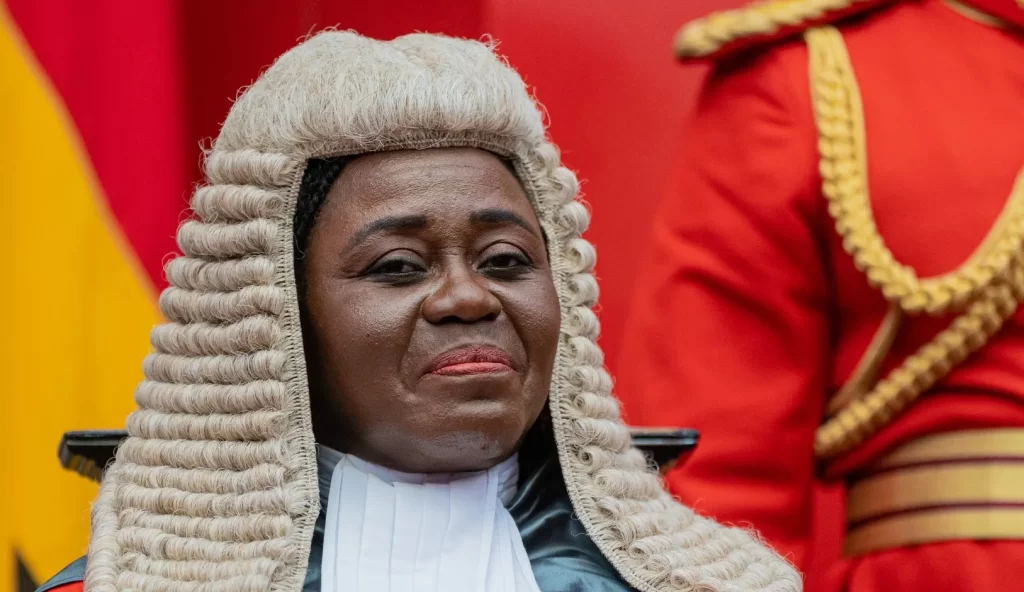High Court dismisses injunction against Minerals Commission, Electrochem & Ada District
A Tema High Court has dismissed an interlocutory injunction application brought against the Minerals Commission, the Ada District Assembly, and Electrochem Ghana Limited (EGL) by four elders of the Terkperbiawe clan of Ada over the Ada Songhor lands. Justice Malike Awo Woanyah Dey, the presiding judge, dismissed the application, which was seeking an order to […]
High Court dismisses injunction against Minerals Commission, Electrochem & Ada District Read More »


